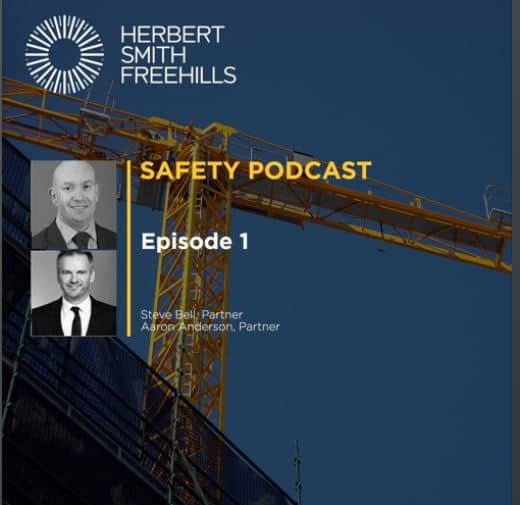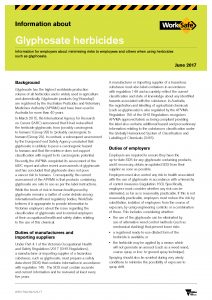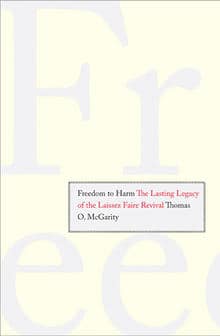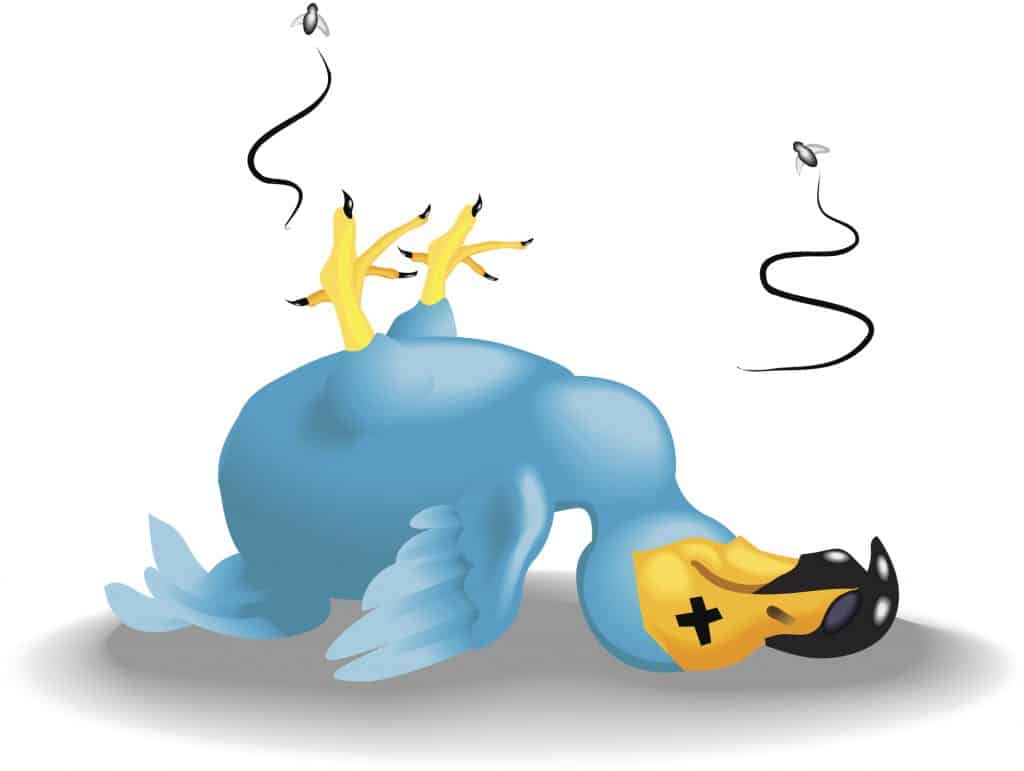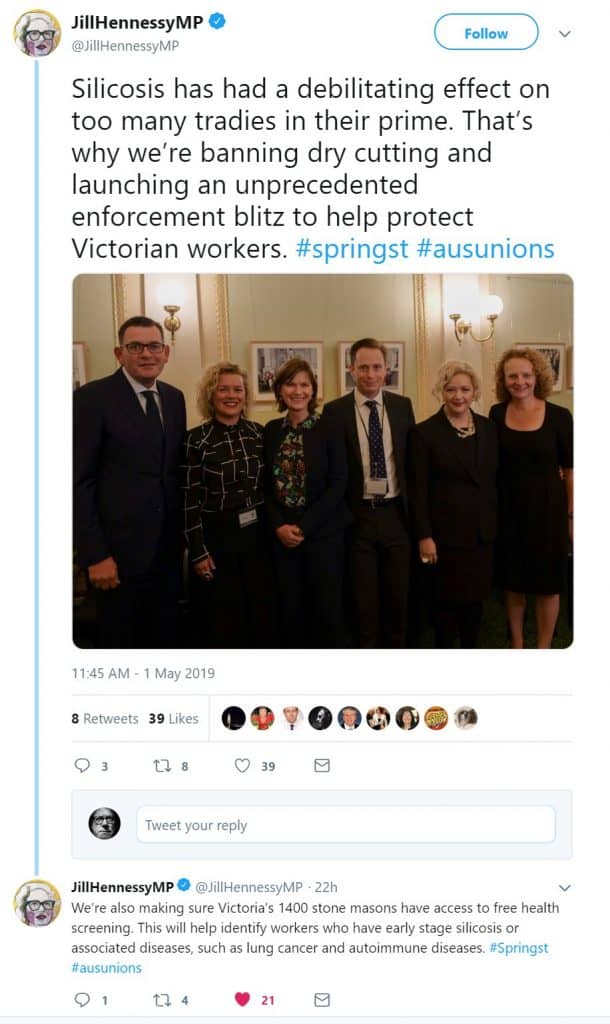One of the prominent occupational health and safety (OHS) lawyers in Australia has started a podcast. The first episode discusses Industrial Manslaughter.
Steve Bell of law firm Herbert Smith Freehills recently published the Safety Podcast, but the title is a bit of a misnomer as, judging by the first episode, the discussion is more about safety law than safety. Regardless, the podcast adds to our state of OHS knowledge.

